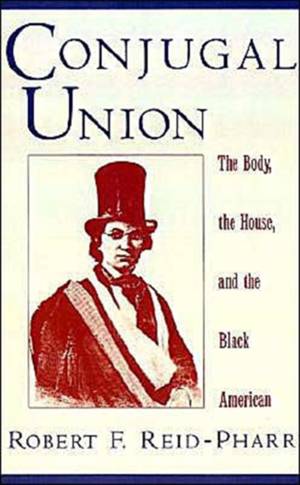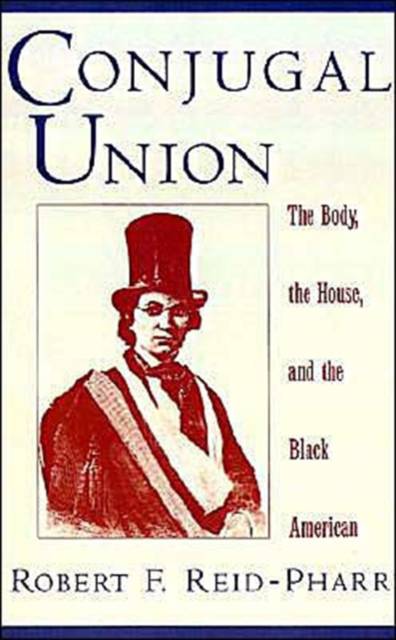
- Afhalen na 1 uur in een winkel met voorraad
- Gratis thuislevering in België vanaf € 30
- Ruim aanbod met 7 miljoen producten
- Afhalen na 1 uur in een winkel met voorraad
- Gratis thuislevering in België vanaf € 30
- Ruim aanbod met 7 miljoen producten
Zoeken
€ 220,45
+ 440 punten
Omschrijving
This book argues that during the antebellum period a community of free black northeastern intellectuals sought to establish the stability of a Black American subjectivity by figuring the black body as the necessary antecedent to any intelligible Black American public presence. Reid-Pharr goes on to argue that the fact of the black body's constant and often spectacular display demonstrates an incredible uncertainty as to that body's status. Thus antebellum black intellectuals were always anxious about how a stable relationship between the black community might be maintained. Paying particular attention Black American novels written before the Civil War, the author shows how the household was utilized by these writers to normalize this relationship of body to community such that a person could enter a household as a white and leave it as a black.
Specificaties
Betrokkenen
- Auteur(s):
- Uitgeverij:
Inhoud
- Aantal bladzijden:
- 192
- Taal:
- Engels
- Reeks:
Eigenschappen
- Productcode (EAN):
- 9780195104028
- Verschijningsdatum:
- 22/07/1999
- Uitvoering:
- Hardcover
- Formaat:
- Genaaid
- Afmetingen:
- 163 mm x 242 mm
- Gewicht:
- 453 g

Alleen bij Standaard Boekhandel
+ 440 punten op je klantenkaart van Standaard Boekhandel
Beoordelingen
We publiceren alleen reviews die voldoen aan de voorwaarden voor reviews. Bekijk onze voorwaarden voor reviews.











